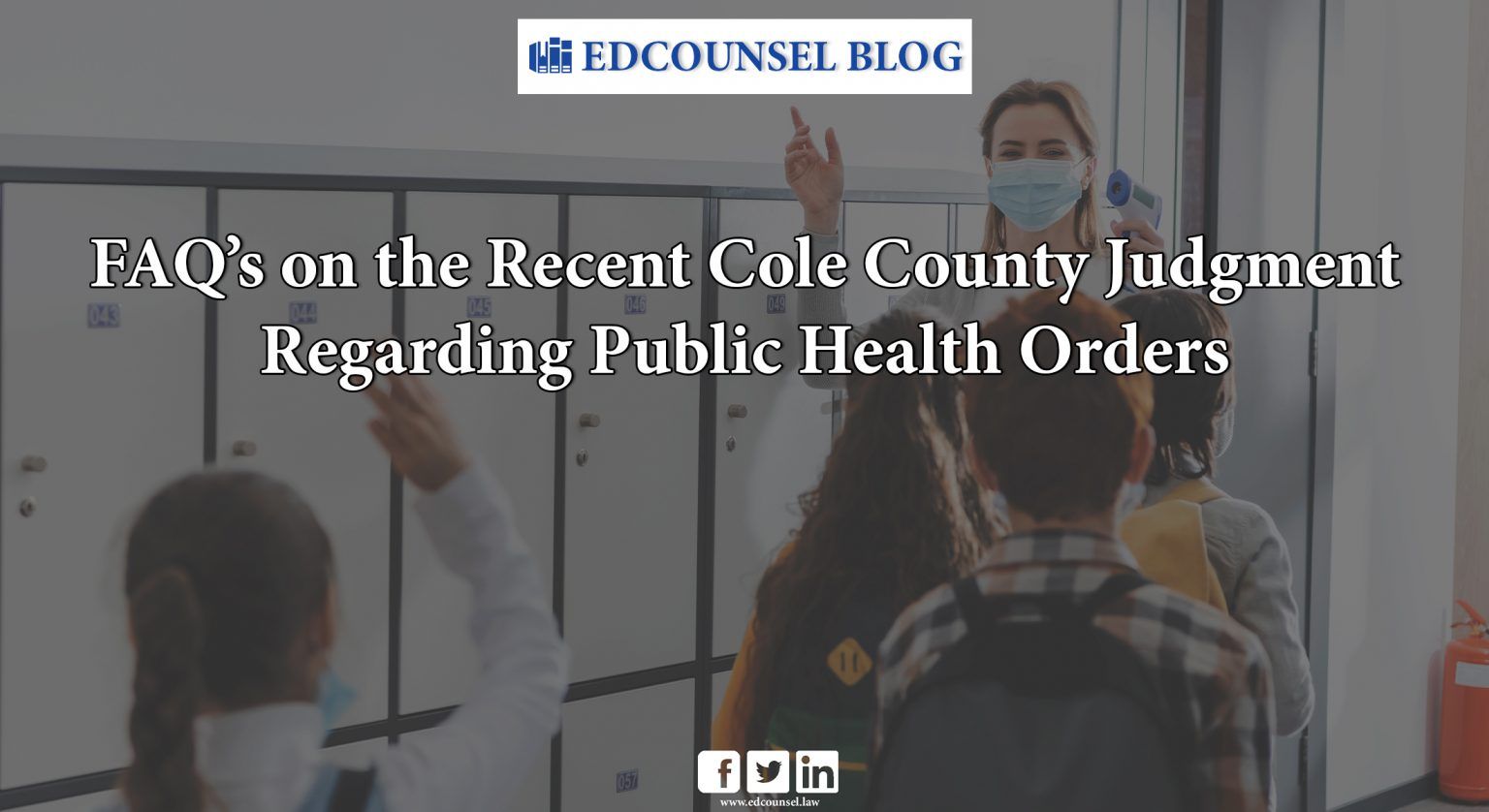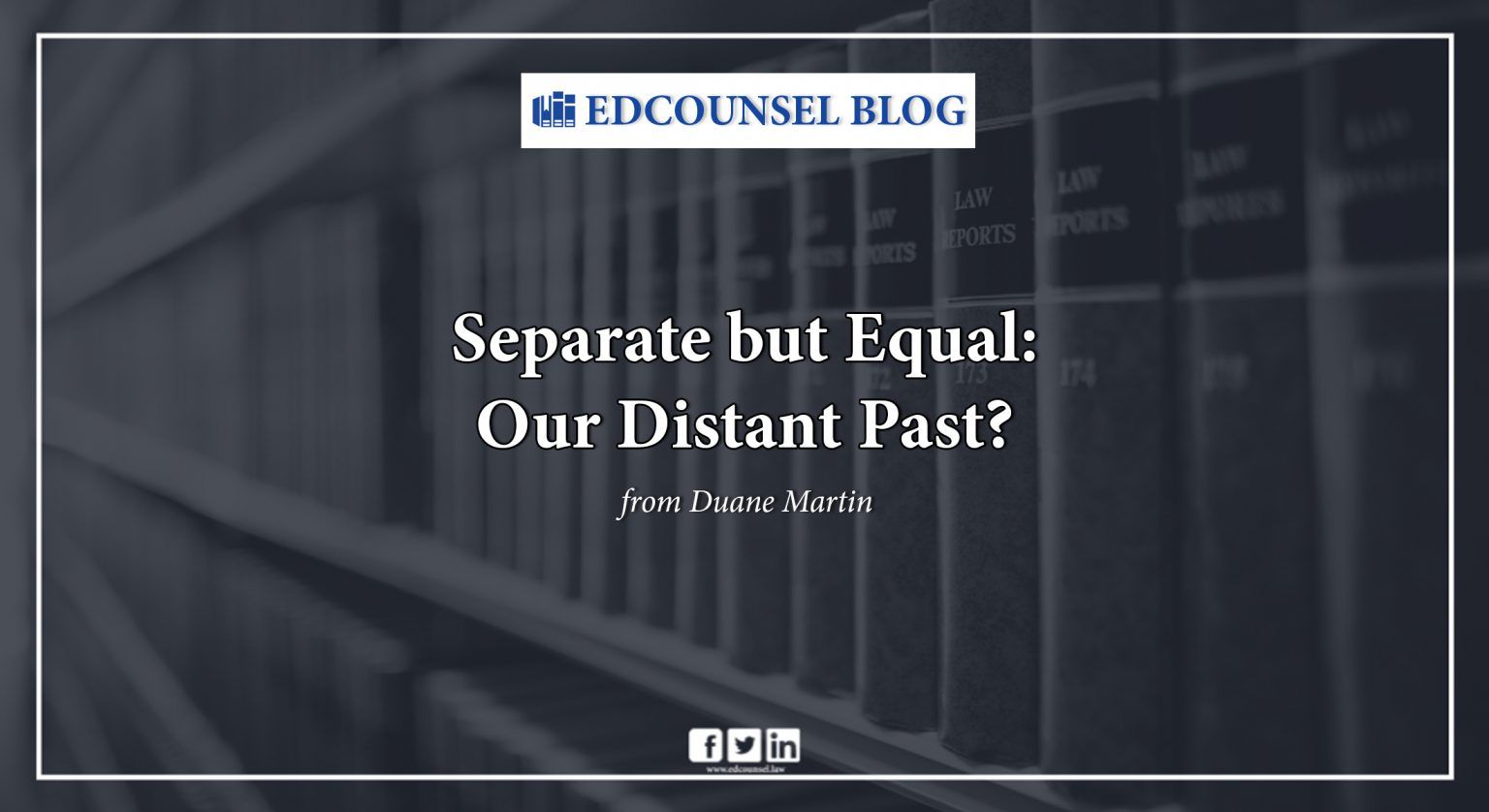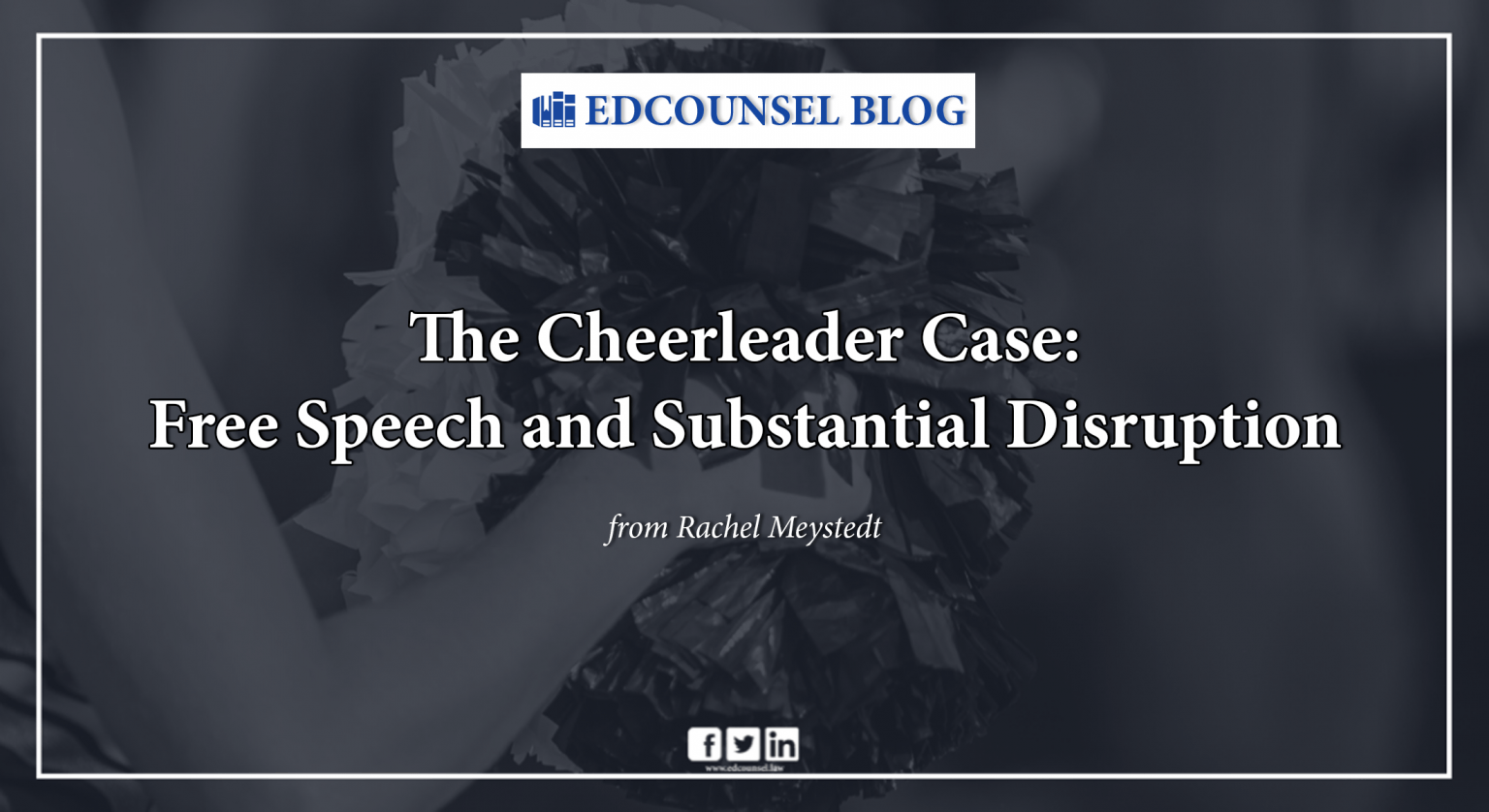
In June 23, 2021, the United States Supreme Court issued its decision in Mahanoy Area School District v. B. L., 594 U.S. _ _ _ (2021). The case involves B. L., a freshman student who was frustrated by not making the varsity cheerleading squad at her high school, among other things. While off-campus and over the weekend, B. L. posted a Snapchat rant that included a picture of herself and a friend flipping off the camera, with the caption “F* school f* softball f* cheer f* everything.” The second image she posted was blank, but had the caption, “Love how me and [another student] get told we need a year of jv before we make varsity but tha[t] doesn’t matter to anyone else?” with an upside-down smiley face emoji.
The pictures were viewable by B. L.’s approximately 250 Snapchat followers, including a few of her cheerleading teammates. B. L.’s teammates took pictures of others’ phone screens to capture the photos (since Snapchat would have notified B. L. if anyone had taken screenshots of the photos), and one teammate showed her mother, who was a cheerleading coach.
After viewing the photos, the district suspended B. L. from the junior varsity cheerleading squad for the year because the district determined the post violated team and school rules.
Both the Federal District Court and a panel of the Third Circuit determined that the discipline violated B. L.’s right to free speech under the First Amendment, based on the fact that no “substantial disruption” occurred, under the Tinker v. Des Moines standard. The Third Circuit also went so far as to say that school districts do not have the ability to discipline any off-campus speech. As a result, the school district filed a petition for certiorari, asking the Supreme Court to determine whether Tinker allowed school district officials to regulate off-campus student speech that materially or substantially disrupts the school district.
The Supreme Court determined that Tinker does allow school districts to regulate off-campus student speech in some instances, especially when the speech includes serious or severe bullying or harassment, threats, failure to follow rules regarding classwork, and breaches of school security.
In reviewing whether a “substantial disruption” under Tinker occurred in this case, though, the Court looked at the evidence presented within the record based on B. L.’s speech. The evidence showed that discussion of the matter at school took, at most, 5 to 10 minutes of an Algebra class for a couple of days, and that some members of the cheerleading squad were “upset” about B. L.’s Snapchats. The Court determined that the disruption outlined in the case did not meet the Tinker standard of a material or substantial disruption and did not support the district’s claim that it had the ability to regulate B. L.’s speech. The Court also made clear that “courts must be more skeptical of a school’s efforts to regulate off-campus speech, for doing so may mean that the student cannot engage in that kind of speech at all.”
Of note, the Court focused on whether there actually was a material or substantial disruption to the school district as a result of B. L.’s speech, and did not make any determination as to whether such a disruption could have been forecasted. The Court left open the door for districts to take action due to forecasted disruption based on students’ off-campus speech, but it wasn’t explained in detail within the decision. Regardless, the likelihood of the potential disruption should be clear, significant and well-documented and should exceed the “disruption” that took place in B. L.’s case.
Within its discussion, the Court also outlined that when a student speaks off campus, the school district does not stand in loco parentis to the student, which would weigh in favor of the district’s position if it were; the school district’s interest in teaching good manners and punishing vulgar language was weakened by the fact that B. L. spoke outside school on her own time; and there was no evidence of a decline in team morale, and certainly not one that overcame B. L.’s right to freedom of expression.
Ultimately, the Supreme Court determined that the school district violated B. L.’s First Amendment rights to free speech by suspending her from junior varsity cheerleading for one year. B. L. was awarded nominal damages and attorneys’ fees, and the school district was ordered to expunge her disciplinary record.
What does this decision mean for districts when regulating off-campus speech?
Districts need to have good evidence of a substantial disruption (or likelihood thereof) before disciplining students for off-campus speech and maintain all documentation of that disruption. Documentation of disruption could include:
• A substantial amount of an administrator’s time investigating a matter;
• Concern from multiple patrons and/or parents (meetings, phone calls, emails, news articles, etc.);
• Significant disruption to classwork (classes are canceled, multiple students don’t attend class, etc.); and
• According to Tinker, other things that “materially disrupt[] classwork or involve[] substantial disorder or invasion of the rights of others.”
Based on the B. L. case, (at best) two 10-minute disruptions to class and upset cheerleaders weren’t enough—but what is?
o All instances will need to be considered on a case-by-case basis, but there needs to be some higher level of actual disruption, and likely an even higher level of forecasted disruption, to justify regulating a student’s speech.
Certain types of speech will very likely meet the “substantial disruption” standard, according to the Court:
o Serious or severe bullying or harassment;
o Threats aimed at teachers or other students;
o Failure to follow rules concerning lessons, the writing of papers, the use of computers, or participation in other online school activities;
o Breaches of school security devices, including material maintained within school computers; and
o Other items on a case-by-case basis.
Free Speech rights outweigh creditable citizenship requirements for extra-curricular activities.
o MSHSAA requires that students act as “creditable citizens” to maintain eligibility to participate in extra-curricular activities. Creditable citizenship requirements mandate that students conduct themselves in such a way, in and out of school, that will not reflect discredit upon themselves or their school. It is clear that sending other students a profanity-laced Snapchat video would not equate to being a “creditable citizen;” however, based on the Court’s determination in this matter, creditable citizenship rules do not outweigh a student’s Freedom of Speech rights. Additionally, regardless of the fact that participation in extra-curricular activities is a privilege and not a right, removal from an extra-curricular activity due to a student’s protected speech infringes on the student’s First Amendment rights.
Given the lack of clear guidelines from the Court regarding what does constitute a substantial disruption, outside of the enumerated examples in which school districts have the ability to take action to respond to threats or bullying, for example, it will be important for districts to clearly document all factors considered, and all disruption forecasted or experienced, when disciplining students for off-campus speech.
If your district plans to discipline a student for off-campus speech and you’d like to discuss the specific circumstances, or if you’d like to talk through any changes to your district’s policies or procedures as a result of this decision, one of the attorneys at EdCounsel will be happy to help.
Sign Up For Our Mailing List
We will get back to you as soon as possible.
Please try again later.
Recent Posts
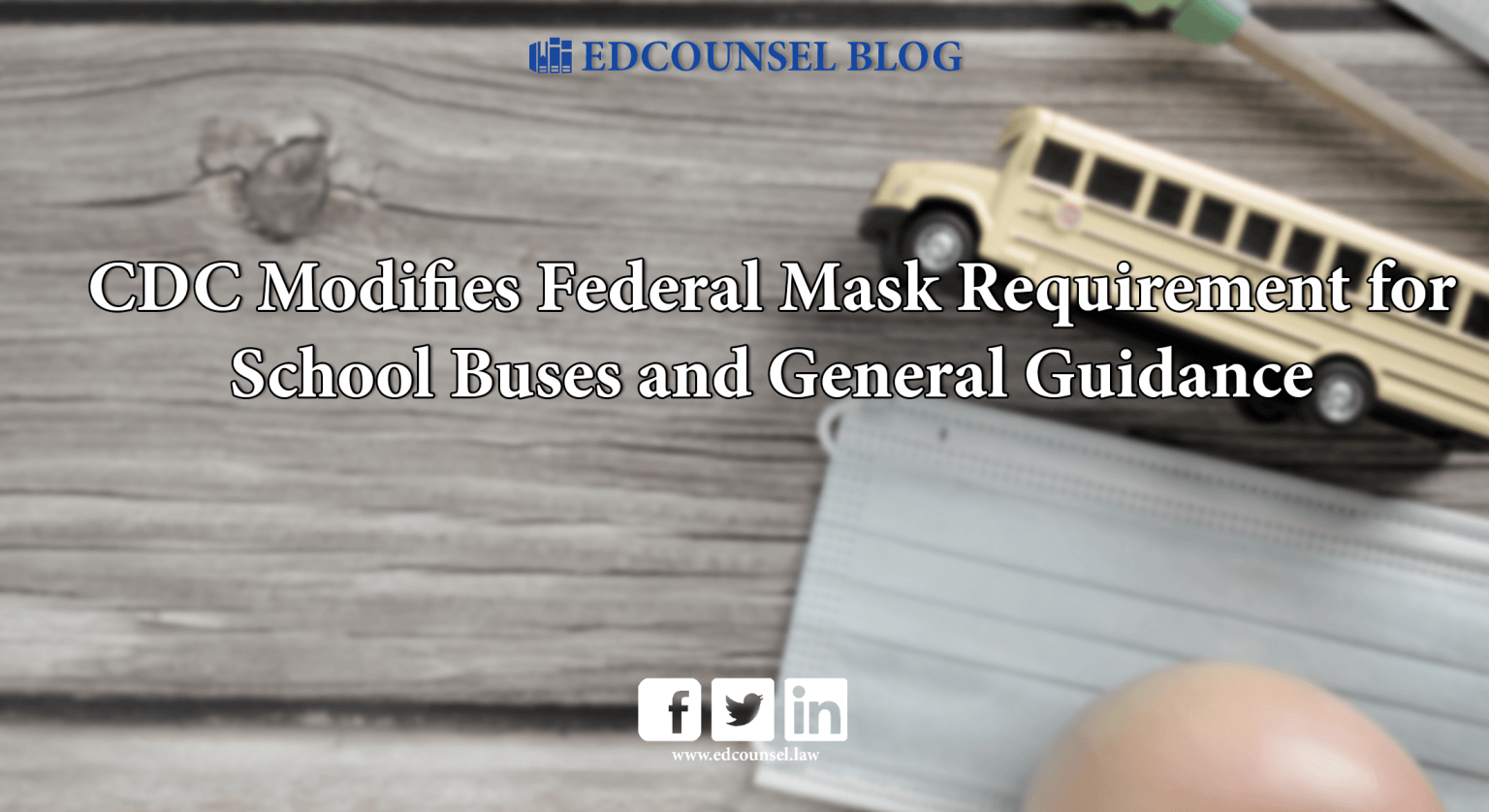
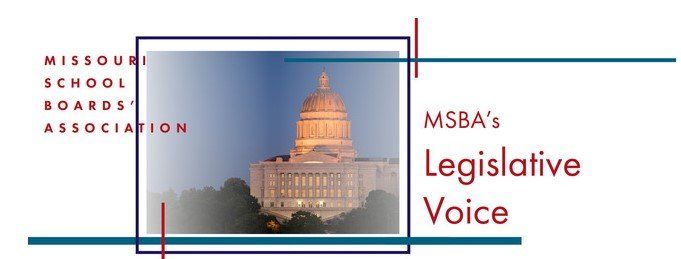
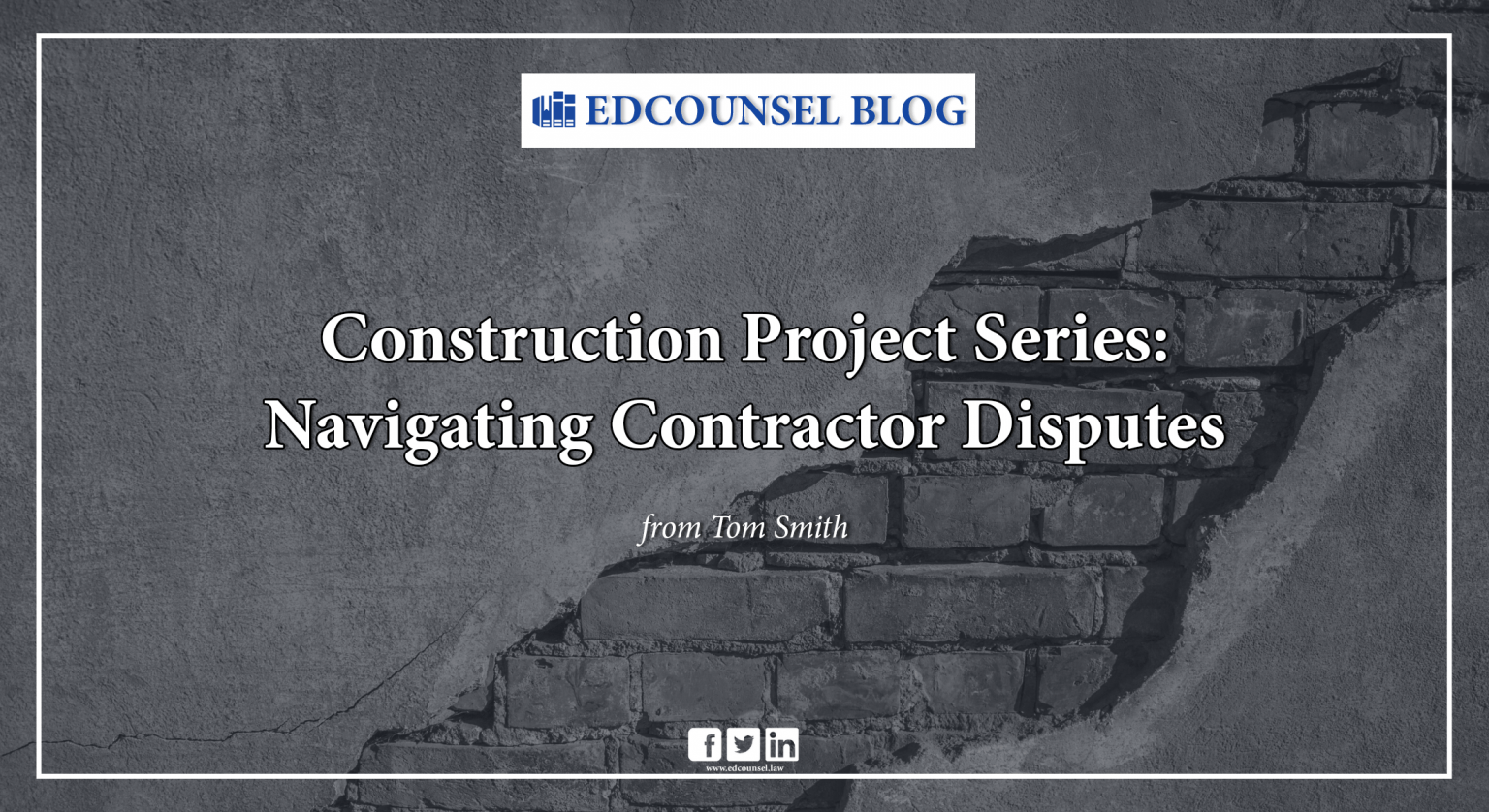
Columbia Office
Independence Office
Lake St. Louis Office
Springfield Office
2833 E. Battlefield Street
Suite B 100
Springfield, MO 65804
Fax: (816) 252-9009
HAVE AN INVOICE?
© Copyright 2024 EdCounsel, LLC
The choice of a lawyer is an important decision and should not be based solely upon advertisements.
